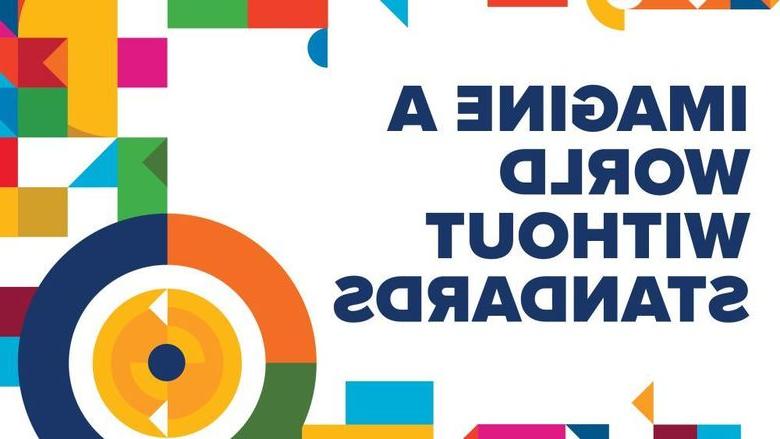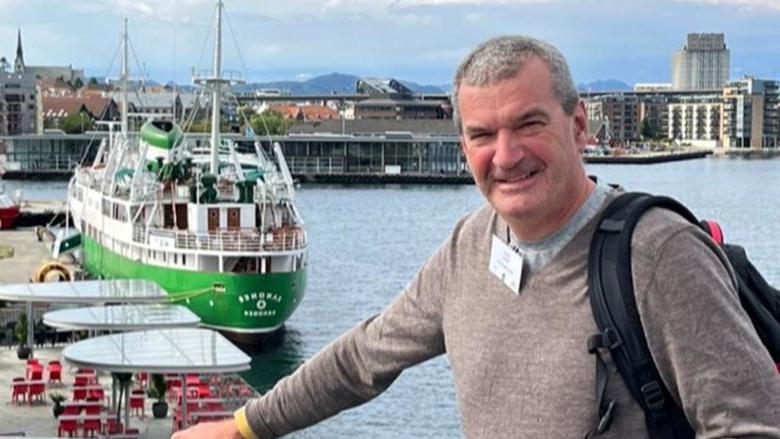
约翰可以忍受, assistant professor of modern European history at 十大网投平台信誉排行榜阿尔图纳分校, was recently awarded a fellowship from the National Endowment for the Humanities for his work researching the 1918 “Spanish” influenza pandemic in Europe.
阿尔图纳,爸爸. ——约翰·艾歇尔, assistant professor of modern European history at 十大网投平台信誉排行榜阿尔图纳分校, was recently awarded a fellowship from the National Endowment for the Humanities for his work researching the 1918 influenza pandemic in Europe, 历史上被称为“西班牙流感."
奖学金是一个多阶段的项目, highly selective process that supports scholars in the humanities via funding and support. 根据NEH网站, fellowships are "competitive awards granted to individual scholars pursuing projects that embody exceptional research, 分析严谨,文字清晰. Applications must clearly articulate a project’s value to humanities scholars, 普通的观众, 或两个.
Eicher was one of 70 recipients chosen from a pool of over 1,2023-24学年的申请人数为1000人. In addition, two other Penn State faculty members also received fellowships.
Eicher said he plans to use the funding to continue his current research project: “The Sword Outside, 《瘟疫:1918年欧洲流感大流行.使用多于1,000 flu survivors' stories from 10 different European countries, the study compares how Europeans understood and interpreted the origin and spread of the pandemic and how they situated the incident within the context of WWI.
根据艾歇尔的说法, “This fellowship will let me take the work I’ve been doing with my student researchers and put it to paper as a book.”
Eicher’s research did not originally begin with the 1918 pandemic in Europe, 他说. 他的研究过程始于2018年访问柏林, 德国, intending to work on a book project on German immigration to Texas in the 1840s. 然而, 通过阅读有关移民的档案, Eicher said he faced a problem: He could not read old German script.
“I was pretty demoralized when faced with this immediate and difficult limitation,” Eicher shared. 考虑到这个障碍, 继续他对那个主题的研究似乎是不可能的, 他补充道——但他并没有止步于此.
When Eicher returned home from the archive, an advertisement for a game called “Plague Inc.引起了他的注意. It just so happened that it was the centennial of the 1918 influenza pandemic, 突然有什么东西出现了, 他说. The realization sparked a new point of interest for Eicher and brought him back to the archive the next day, 他在哪里发现了两大卷原始文件, 由德国政府收集, 这在过去的15年里几乎被忽视了, with only three people having checked them out in all that time. Eicher said he saw this as an opportunity to redirect his research toward an unexplored topic.
This fellowship will let me take the work I’ve been doing with my student researchers and put it to paper as a book.—约翰可以忍受 , assistant professor of modern European history at 十大网投平台信誉排行榜阿尔图纳分校
快进到2019年. Eicher heard that there was a large collection of primary documents about the flu in London and decided to take a visit. 在那里, 他找到了2个,700 documents consisting of interview transcripts and personal letters from flu survivors in nearly 20 countries. Only a few historians had used certain letters previously, but never the full collection.
“这是一个宝库,”艾歇尔说.
艾歇尔拍摄了这些记忆文件, and through the efforts of student workers at 十大网投平台信誉排行榜阿尔图纳分校 and the University of Freiburg, 他把它们输入了一个可搜索的数据库. The student researchers assisted Eicher with “tagging” the memories, which lets him filter different types of letters according to their authors’ characteristics and condition during their illnesses. Working together, they created over 300 single-spaced pages of tags.
然后, in 2020-21, Eicher held a yearlong fellowship at the University of Freiburg, where he had the opportunity to work as a Marie Curie Junior Fellow and visited roughly 15 physical archives in Switzerland, 德国和法国.
This research allowed me to take a ‘snapshot’ of responses to the flu in three neighboring countries,艾歇尔说. "The great thing about the region is that France was one of the Allies in WWI, 德国是一个中心大国,而瑞士是中立的, 这会给分析增加一定程度的复杂性.”
2023年夏天, 艾克将返回欧洲, where he will be a Simona Veil Fellow at the University of Munich. With the support of Penn State 全球, he will visit Hanover to give a lecture on his research. 想了解更多关于艾歇尔作品的信息, 访问他的网站.






